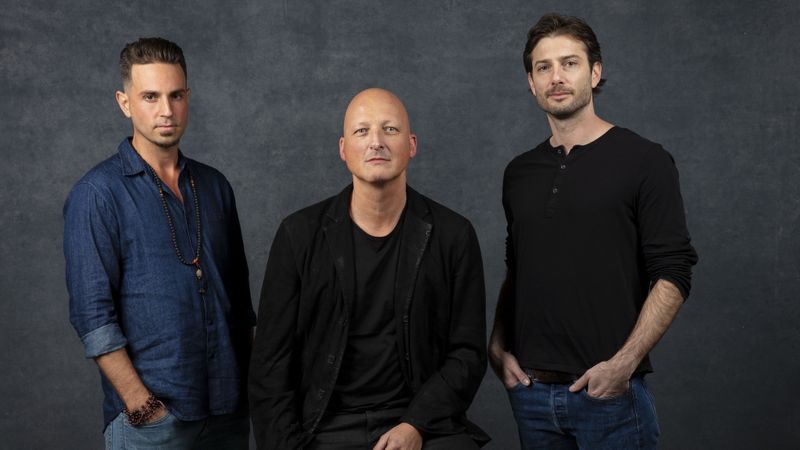Amidst the seemingly endless debate sparked by the four hour behemoth that is HBO documentary Leaving Neverland, One question in particular has been plaguing the nation. Can we keep listening to Michael Jackson’s music? Should he be cancelled, a la Gary Glitter? Should we reserve judgement, in line with the demands of the committed fans and baying crowds that have been making their voices heard outside Channel 4?
Instinctively, when approaching the questions of Jackson’s abuse, I reached for a precedent. The problem isn’t that there isn’t one – it’s that there are too many. I’ve alluded to Gary Glitter already, but his treatment is drastically different to that of R Kelly, and David Bowie is different again. Whilst none of them committed, or are accused of, exactly the same crime, they’re all that there is.
When the performer is still alive, there are some more clear cut moral codes and rules that we can apply – for example, we shouldn’t support abusers. That makes it pretty clear that we shouldn’t be buying their records or tickets to their gigs. Whilst this doesn’t settle the issue completely, it’s a good starting point. Obviously, it’s useless in the case of MJ.
What about wedding DJs? What about covers? Without their cover of ‘Smooth Criminal’, Alien Ant Farm’s career will surely come to an end. (For those curious, Alien Ant Farm are still playing it and recently got very angry defending their decision to do so). There is an entire cottage industry of impersonators that are destined to now fail. Whilst I’m being kind of glib, there is a serious issue at the heart of this.
I’m reminded of a story I once heard, about a girl who had been sexually abused as a child. Her coping mechanism was to retreat into the films of Woody Allen, which she would spend days at a time watching. They created a sense of familiarity, a world into which she could stop thinking about what had happened to her. When Allen’s crimes surfaced, she was distraught. Her coping mechanism had been turned against her. His work became a constant reminder of sexual abuse, and her memories were permanently tarnished.
MJ represented a million different things to a million different people. Despite the surgery towards the end, for millions of black teenagers, MJ was proof that the world of pop music wasn’t just for rich white kids. For generations of boys, MJ was proof that it was okay to dance, that it was cool. For all of these people and more, his music is deeply and inextricably interwoven with their ideas of their self, their understanding of ambition, masculinity, and race.
There’s the less inspirational but no less serious, too. Few musicians can ever aspire to generate the kind of reach that Jackson did – there are millions of couples who shared their first kiss to the sounds of his music and there are millions more for whom one of Jackson’s hits was that song that made their ears prick up, that sparked the realisation that music was something with which they could have a relationship and not just noise coming from a radio.
That’s why we can’t play MJ in public anymore. That’s why Alien Ant Farm have to write something themselves, and why the impersonators have to hang up their hats. It’s not because we shouldn’t support him, because that’s irrelevant. It’s nothing to do with him. It’s for the millions, if not billions of other people whose lives MJ has done irreparable damage to, and who don’t need to be reminded of it every time they get in their car or turn on the radio.

